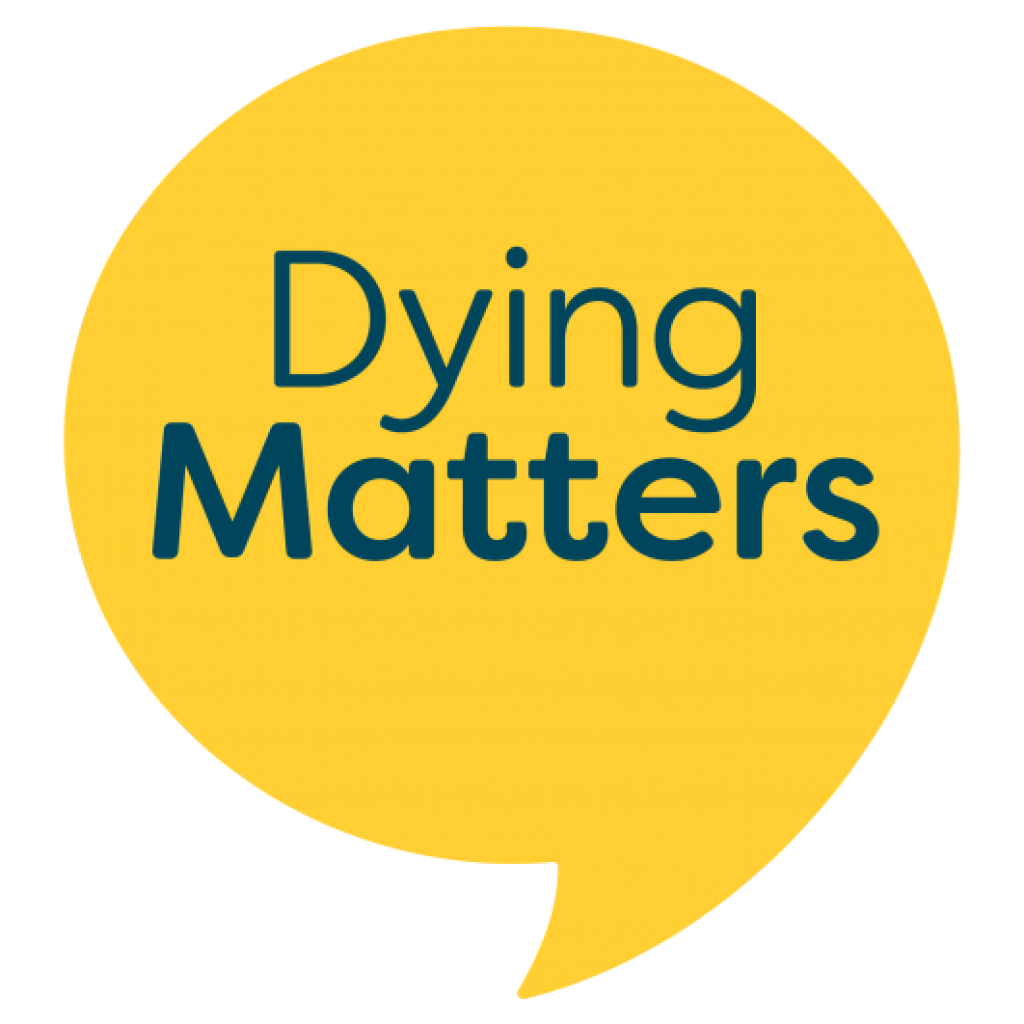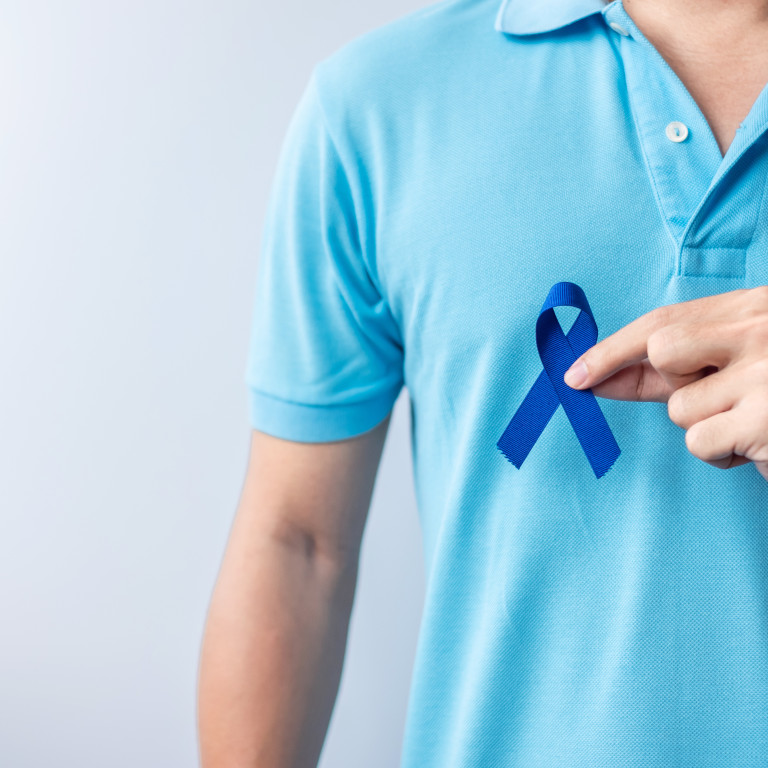Between 8 – 14 May 2023 Hospice UK host the Dying Matters Awareness Week, with the aim of providing a time for communities across the country to come together to talk, heal and break the stigma about death, dying and grief.
What is the campaign?
The theme of this year’s awareness week is Dying Matters at work. Hospice UK have identified that 57% of employees will have experienced a bereavement in the last 5 years and each day more than 600 people leave work to look after order and disabled relatives.
Despite these statistics, fewer than 20% of managers feel confident in supporting someone they manage with a bereavement.
By talking to those around us Hospice UK hopes to help make sure that workplaces are property set up to support people who are ill, who are caring for others or who have lost someone close to them.
Resources helping employers support employees can be found here: Dying Matters Resources | Hospice UK
Supporting people who have suffered a loss
From my own personal experience, I know how difficult the loss of a work colleague can be.
From acting for numerous families who have lost loved ones following problems with medical treatment or delays in diagnosis, I also know that one of the biggest worries amongst all the pain and the grief can be the financial impact and concern over who is going to pay the mortgage or bills and how they are going to be able to earn a living.
Whilst it may feel daunting considering a medical negligence claim following the loss of a loved one, not only can we obtain answers to families as to what went wrong, but provide invaluable financial support.
We know just how devastating loss and grief can be and the thought of pursuing a claim may feel overwhelming. However, the options available to families who have lost a loved one as a result of medical negligence are often unknown or misunderstood.
We are therefore taking the opportunity during Dying Matters Awareness Week to take a look at and raise awareness surrounding Fatal Accident Claims with a specific focus on claims for dependency.
What is a dependency claim?
Where someone has died due to another person’s negligence, a specific number of people may be able to bring a claim for damages, or compensation, as a Dependant.
To bring a claim the Dependant must be able to show that they relied upon the Deceased for either financial support, or their services such as domestic support, shared parenting and childcare, or care need.
Common situations where dependency claims can arise include:
• Death following surgery.
• Death because of a delay in diagnosis – for example delayed diagnosis of cancer.
• Death because of failures to monitor or recognise a deterioration in a patient’s medical condition.
• Death by suicide of psychiatric patients following inadequate assessment or treatment
Who can bring a claim for dependency?
Unlike medical negligence cases where the person is injured by survives, cases involving the death of a patient is dealt with by two different areas of law. It is therefore important that, if you are looking to pursue a claim following the loss of a loved one, you reach out to specialist medical negligence lawyers who understand this niche area of law.
The Fatal Accidents Act 1976 sets out a list of those who are eligible to bring a dependency claim. Broadly speaking they are:
• The wife or husband or former wife of husband of the Deceased.
• The civil partner or former civil partner of the Deceased.
• Couples who had been living together in the same household for at least 2 years before the deceased passed away.
• Any parent of the Deceased or those who the Deceased treated as a parent.
• Any child or descendant of the Deceased.
• Any person (where the Deceased was married or in a civil partnership) the Deceased treated as a child or parent in relation to that marriage or civil partnership.
• Siblings, aunts or uncles of the Deceased.
While these criteria have been broadened over time to reflect changes in society some of the criteria (for example the 2-year restriction for co-habiting couples) are still quite old fashioned and can seem unfair.
What can I claim for?
Dependency claims usually consist of two key elements:
• A claim for financial dependency – which is a financial loss arising as a result of a reliance upon the Deceased’s income or other financial support.; and/or
• A loss of services dependency – which relates to practical support that the Deceased previously provided such as assistance with household chores, childcare, Gardening and DIY.
When seeking to value these the Court will then award compensation by reference to either their likely financial support to the dependent or the cost of commercially replacing the services that the Deceased would have provided but for their death.
To succeed with a financial dependency the dependant must show that they had a ‘reasonable expectation’ of financial benefit from the deceased, for example from the deceased’s earnings, savings, pension or other income.
Additionally, the Dependent needs to show that the chance of receiving some financial benefit was ‘substantial’.
How much could a dependency Claim be worth?
This is very fact specific, and the value of each dependency claim will turn on its own facts. How much a claim is worth will therefore depend both on the services provided by the Deceased, the extent of the dependant’s need and the likely duration of support.
There is no upper limit to damages for dependency claims so where the loss of services or income is substantial damages can be in the hundreds of thousands of pounds.
While no amount of compensation will ever be enough to replace the loss of a loved one, the financial consequences of such a loss can be significant, particularly when they were in work and been the main source of income for a family.
It is crucial therefore that those who have lost a loved one in tragic circumstances seek advice to explore what legal action they can bring and the recourses they have to claim compensation as a dependent of a loved one.
Charities
Hospice UK have compiled a host of resources to support those affected by the loss of a loved one. We also work with a number of charities, to enable us to signpost clients and ensure they receive the right support after what is inevitably an upsetting and life changing loss.
How we can help
Losing a loved one is one of the most difficult and traumatic experiences that anyone can go through.
If you have lost a family member or someone close to you whilst they were having medical treatment and you fear that appropriate steps were not taken to avoid their death, then we may be able to help you bring a claim for compensation.
Contact our specialist solicitors for a free initial chat about your situation and find out how you can get started. Use our online enquiry form or call us at 01392 207 020.





